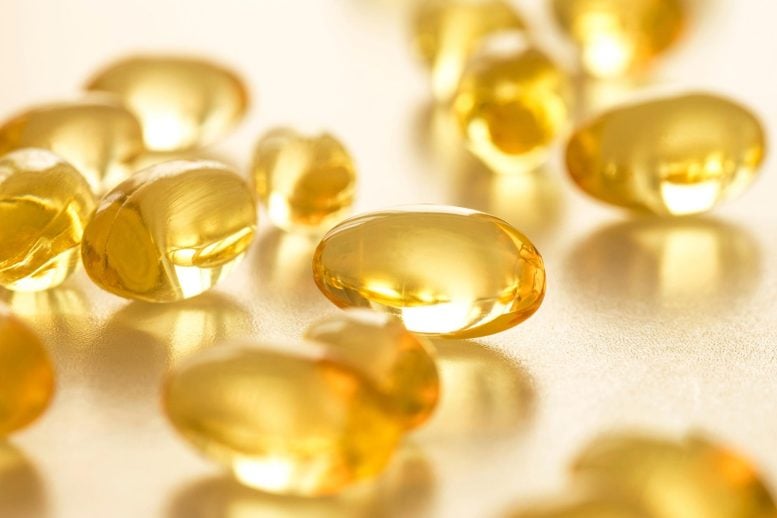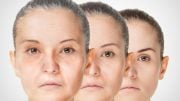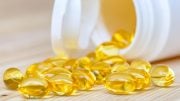
A new study finds that vitamin D3 supplements (2000 IU/day) do not reduce total, non-vertebral, or hip fractures, nor was any effect seen on major osteoporotic fractures, wrist fractures, or pelvic fractures.
Vitamin D supplements are widely prescribed and used to benefit bone health. However, definitive data on whether these supplements actually reduce bone fractures in the general population have been inconsistent.
To improve scientific understanding of this subject, a team of scientists from Brigham and Women’s Hospital conducted an ancillary study to the VITamin D and OmegA-3 TriaL (VITAL), a clinical trial of more than 25,000 adults, also led by investigators from the Brigham. A total of 1,991 incident fractures in 1,551 participants were confirmed over a median follow-up of 5.3 years.
“Overall, the results from this large clinical trial do not support the use of vitamin D supplements to reduce fractures in generally healthy U.S. men and women.” — Meryl LeBoff, MD
According to the findings, supplemental vitamin D3 (2000 IU/day) did not reduce total, non-vertebral, or hip fractures compared to placebo. Additionally, there were no effects of supplemental vitamin D3 on major osteoporotic fractures, wrist fractures, or pelvic fractures. In the analysis, effects were not modified by baseline age, sex, race, body mass index, baseline vitamin D blood levels, and personal use of supplemental calcium and/or vitamin D.
“Overall, the results from this large clinical trial do not support the use of vitamin D supplements to reduce fractures in generally healthy U.S. men and women,” said lead author Meryl LeBoff, MD, Chief of the Calcium and Bone Section in the Endocrine Division at the Brigham.
“These findings do not apply to adults with vitamin D deficiency or low bone mass or osteoporosis. Most participants in the trial were not deficient and may have already reached the vitamin D level needed for bone health. Our ongoing studies are focusing on whether free vitamin D levels or genetic variation in vitamin D absorption, metabolism, or receptor function will provide information about individuals who may benefit from supplemental vitamin D on musculoskeletal health.”
“Although VITAL was originally designed to look at cardiovascular and cancer outcomes, this is a wonderful example of how it has shed light on health outcomes far beyond its original goals,” stated JoAnn Manson, MD, co-author and chief of the Division of Preventive Medicine at the Brigham.
Reference: “Supplemental Vitamin D and Incident Fractures in Midlife and Older Adults” by Meryl S. LeBoff, M.D., Sharon H. Chou, M.D., Kristin A. Ratliff, B.A., Nancy R. Cook, Sc.D., Bharti Khurana, M.D., Eunjung Kim, M.S., Peggy M. Cawthon, Ph.D., M.P.H., Douglas C. Bauer, M.D., Dennis Black, Ph.D., J. Chris Gallagher, M.D., I-Min Lee, M.B., B.S., Sc.D., Julie E. Buring, Sc.D., and JoAnn E. Manson, M.D., Dr.P.H., 28 July 2022, New England Journal of Medicine.
DOI: 10.1056/NEJMoa2202106
Funding: NIH/National Institute of Arthritis and Musculoskeletal and Skin Diseases









This is not the first study to indicate vitamin D supplementation does not improve bone health. Another recent paper showed that the more vitamin D supplements consumed, the greater the greater the risk of bone loss. Sunlight exposure, however, gives a different result. The real answer to osteoporosis is regular, non-burning sun exposure, so do not neglect the value of sunlight on bone health. One often-overlooked study from Spain showed that women who were sunbathers or sun-seekers had only one-eleventh the risk of hip fracture as women who avoided the sunlight. Therein lies the answer to osteoporosis. Although vitamin D probably played a part, no research with vitamin D supplementation has produced such a remarkable result. Everyone should obtain a few minutes of full-body, non-burning sun exposure at midday.
More information: sunlightinstitute.org and read the book, Embrace the Sun.
Great read!!! Thanks for sharing such great tips.